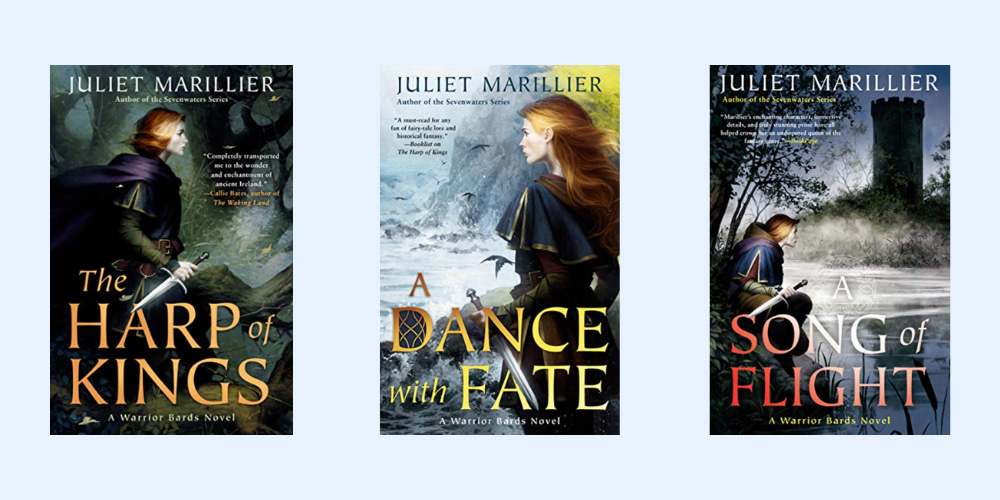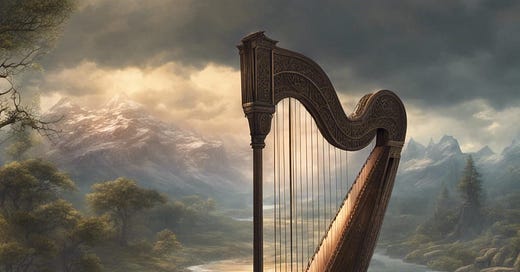At the start of the year, I was fed up with how little I read and wanted to change that.
Now I haven’t consistently read five books a month, but my reading habit this year is an improvement over all of the past six years combined.
I’ve had anxiety humming in the background ever since I graduated from college. I was pulled in two different directions that conflicted with each other—to attain a semblance of a conventional life that everyone seemed to enjoy and to be the best writer I could be on my own terms.
I made half-hearted attempts to seem normal (which obviously didn’t work) and procrastinated on my authentic dreams in the process. One of them was writing a novel.
I had a few novels I started but never finished. I could blame it on laziness and procrastination. Or my inability to cope with severe anxiety and rejection.
But I shouldn’t be so hard on my past self. Perhaps part of the reason why I didn’t finish my literary fiction novel or my dystopian novel was that the plots I came up with at the time were weak and not compelling enough.
It wasn’t until this year that I realized my true love in fiction has always been fantasy.
I’m more motivated to write a novel right now than I was five years ago because I have four of writing experience, and in addition to that, writing flash fiction prolifically helped me come up with a variety of plots in a short amount of time. Based on the comments I’ve received and requests to expand certain stories, there will be an audience for my novel.
Reading the Warrior Bards trilogy by Juliet Marillier changed my direction with novel writing—I began to feel a spark again.
The Warrior Bards trilogy

The Warrior Bards trilogy may not be everyone’s cup of tea. However, I felt like it was a trilogy that was written specifically for me.
Marillier’s writing style is lush, enchanting, and utterly poetic. Marillier is known for long and lingering novels that take a while to build up in suspense. However, these books occur at a quicker pace, and I can even envision them as films. I absolutely love the medieval Celtic world-building.
The first book in the trilogy, The Harp of Kings, initially intrigued me because of the plot itself. The story follows three warrior-spies of Swan Island (Liobhan, Brocc, and Dau) who are recruited for a very important mission—to find a missing mystical harp before the coronation of the new king. They must conceal their true identities and use their talents to find out where the harp is, who stole it and why, and do all of this without drawing too much attention to themselves.
This book ignited the spark for novel-writing because it has everything I love: the power of Celtic music, poetic ballads, mysticism (there are scenes with druids and I love the contrast between spiritual men and worldly men of power), and solid storytelling that carries me through a fantastical realm that is both familiar and original at the same time. It reminds me of old fairy tales, yet Juliet breathes new life into a medieval Celtic setting that connects to the supernatural world (which is referred to in this book as the Otherworld). I also thought it was pretty cool that it’s a spy story in a fantasy setting.
I found the three lead characters compelling. Liobhan is a clever heroine who has to make difficult choices and she is the one who has a strong intuition and often goes against orders—and in the end she’s proven right. Brocc, her adopted brother, is a gentle man who’s most connected to the supernatural world, and he’s also welcomed by a few druids. What makes him most fascinating is his enchanting musical abilities, and his music has a healing effect that some claim to be mystifying.
And last but not least, Dau is Liobhan’s rival and love interest. He fulfills the “cocky, sarcastic, and tough man of few words” trope but has a sweet, sensitive side that only Liobhan sees. He’s the best fighter of the group. Out of the three, he’s most skeptical of supernatural worlds and mysticism, but he aids Liobhan in spite of his doubts.
A Dance with Fate is perhaps the best book of the entire trilogy. Dau is a man of privilege, but he’s been abused by his family (and in the past, he ran away from home when he was 13). After an accident on Swan Island, Dau has to be sent back home and Liobhan, being the one responsible for the accident, has to repay the family by being a servant for a whole year. This is the most emotionally wrenching book of the series and the character development here is excellent. Though it’s painful to read about what Dau has to go through with his family, I love how each event leads to a climactic ending that really made me feel proud of him and how he resolves his family’s issues and publicly shames one particular person. I won’t give away any spoilers, but it was one of the most gripping endings I’ve ever read in a long time.
A Song of a Flight is centered upon solving the mystery of the Crow folk who are supernatural beings that look like half-humans and half-birds. A new villain is introduced in this book and Marillier’s skilled at writing about a villain that elicits a strong emotional reaction within me. Dau’s abusive brother is part of her nefarious plan. I enjoyed reading about how Liobhan, Brocc, and Dau work together to stop her and her henchmen from unleashing a terrible evil upon the land, and the ending is a beautiful, soulful, and satisfying conclusion to the entire trilogy.
Reading this trilogy gave me a lot of new ideas for what I want my own novel to be about.
Of course my plot will not be same or even remotely similar to these books (I’m inspired by Marillier and in awe of her talent in fantasy writing and creating compelling characters, but I want to challenge myself to come up with something original that reflects everything I hope to be), and I want to experiment with non-linear storytelling while weaving in elements of a bildungsroman at the same time.
I have my heart set on a Celtic-inspired fantasy novel with allusions to mythology, bird symbolism, a lyrical writing style, a plot in which music plays a major role, and the timeless theme of harnessing your inner power in the face of external conflict.
“And there is a greater magic; a power that comes from the very land we tread, from ocean and forest, from the deepest cavern to the high pathways of sun and moon. When the path ahead seems dark and difficult, when you cannot find the right way, call on that power to guide you, for within each of us, even the smallest, there is a spark of that great fire.”—Juliet Marillier





